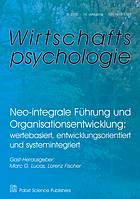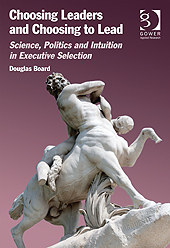Paolo Vittozzi
“Kung-fu lives in everything we do” says the Master to the pupil, who wants to know why he should put the jacket on and take it off… likewise with me, since I think that: ”leadership lives in everything we do”.
The kind of life I’ve lived so far has been permeated by leadership. After senior high school I joined a Military Academy, and I studied the following subjects: Art of Command, Law, Geopolitics, Organization …

 Reams, J., & Caspari, A. (2012). Integral leadership: Generating space for emergence through quality of presence. Wirtschaftspsychologie, 14(3), 34-45.
Reams, J., & Caspari, A. (2012). Integral leadership: Generating space for emergence through quality of presence. Wirtschaftspsychologie, 14(3), 34-45.
 Douglas Board. Choosing Leaders and Choosing to Lead: Science, Politics and Intuition in Executive Selection. Burlington, VT: Gower Publishing Company, 2012.
Douglas Board. Choosing Leaders and Choosing to Lead: Science, Politics and Intuition in Executive Selection. Burlington, VT: Gower Publishing Company, 2012.